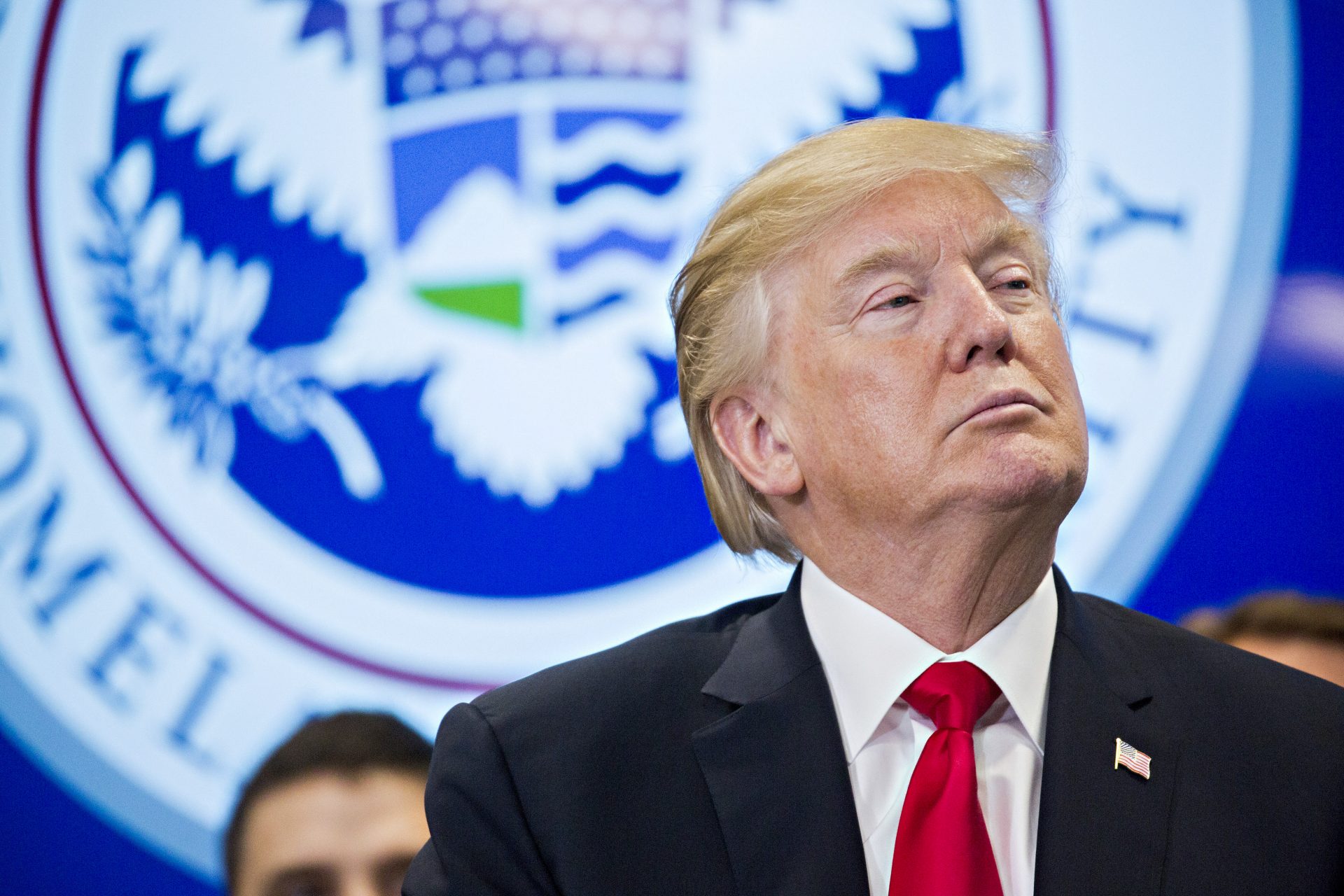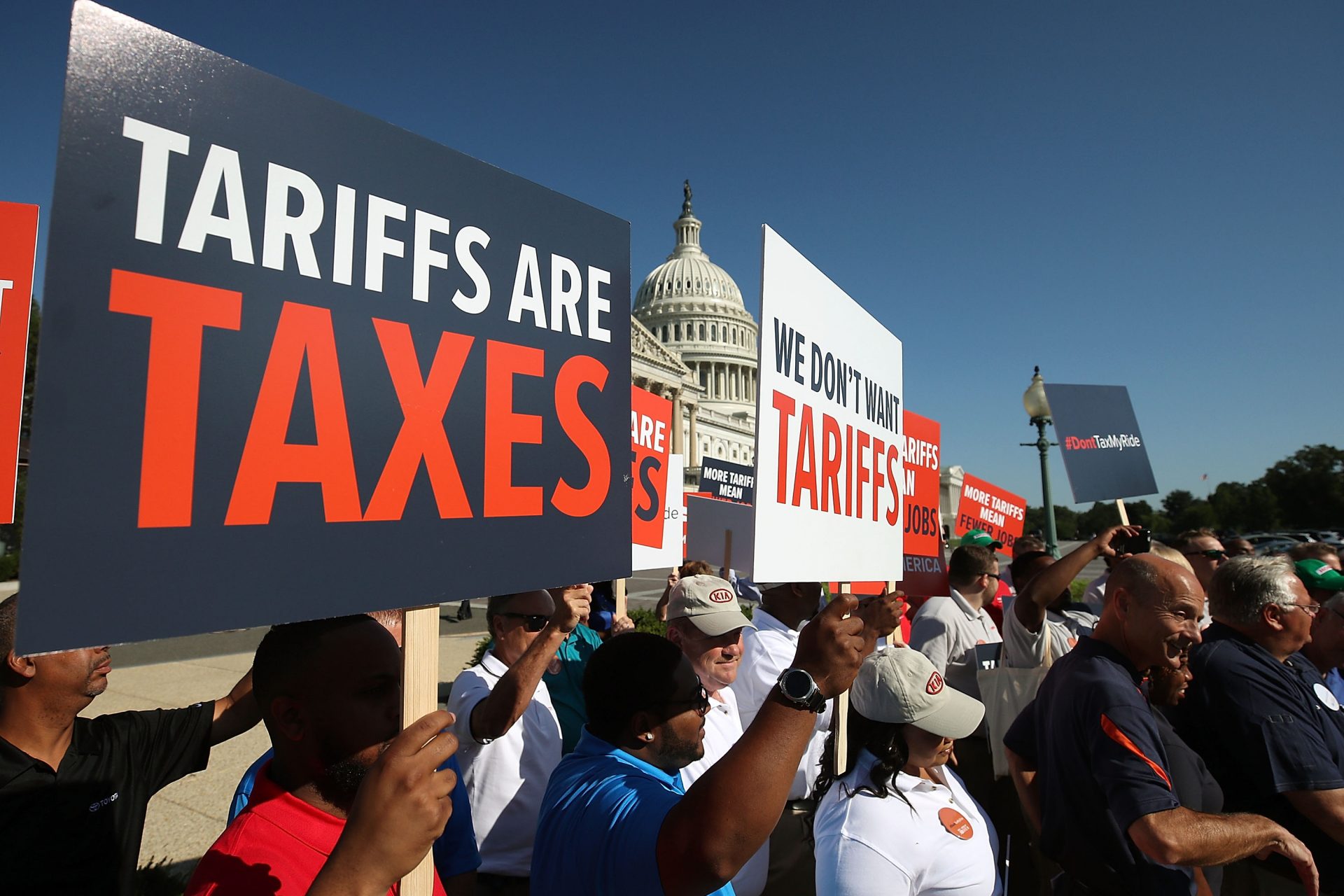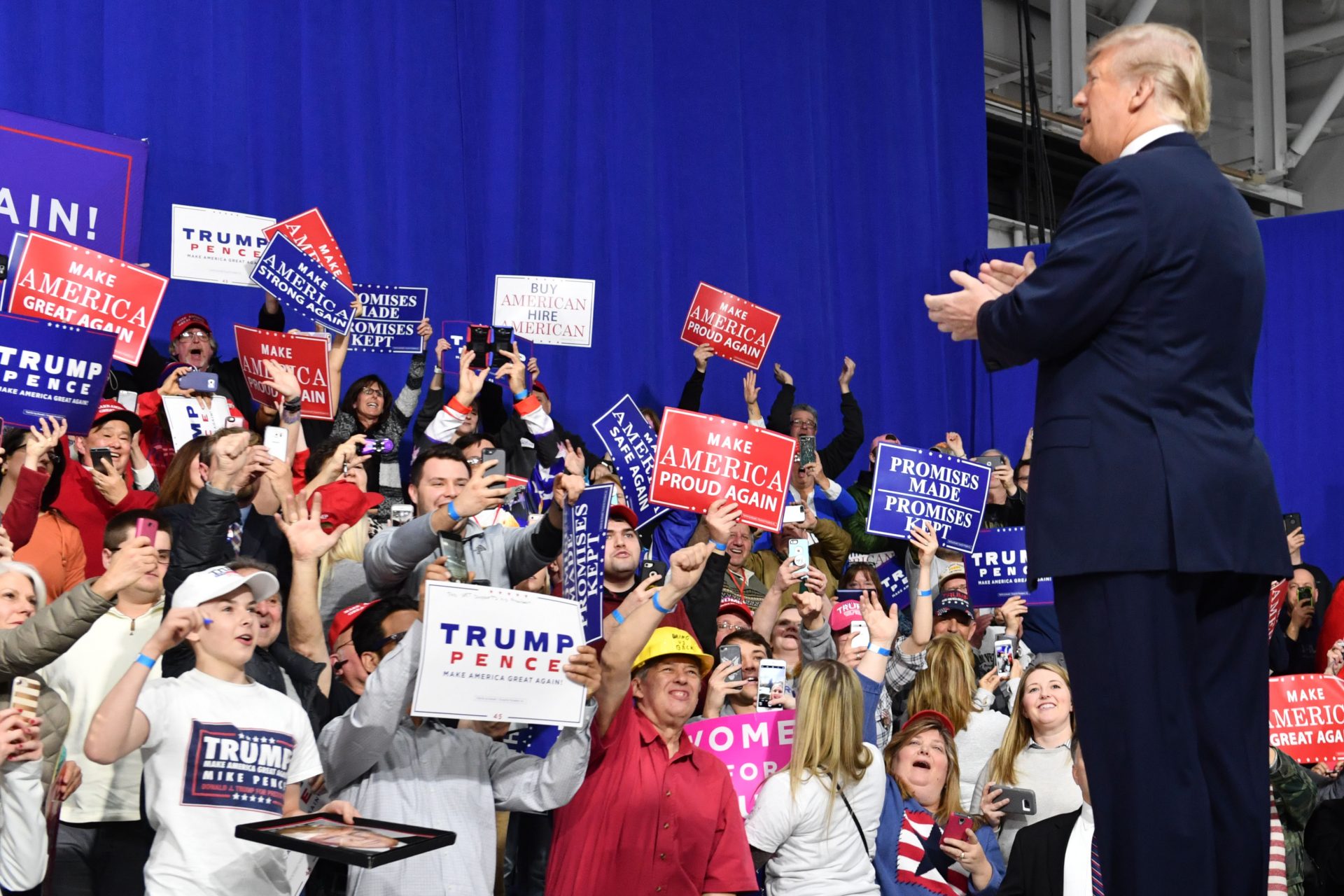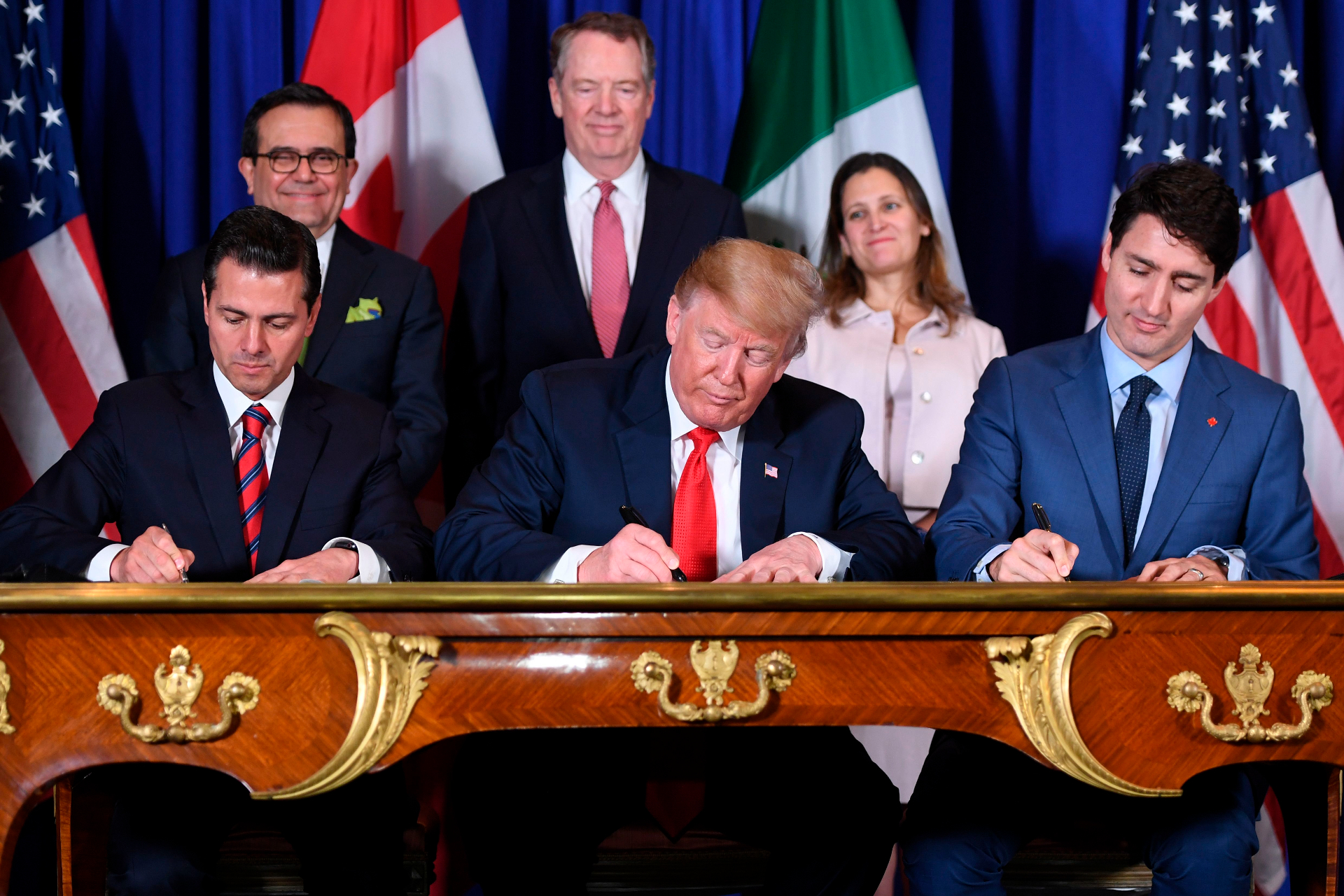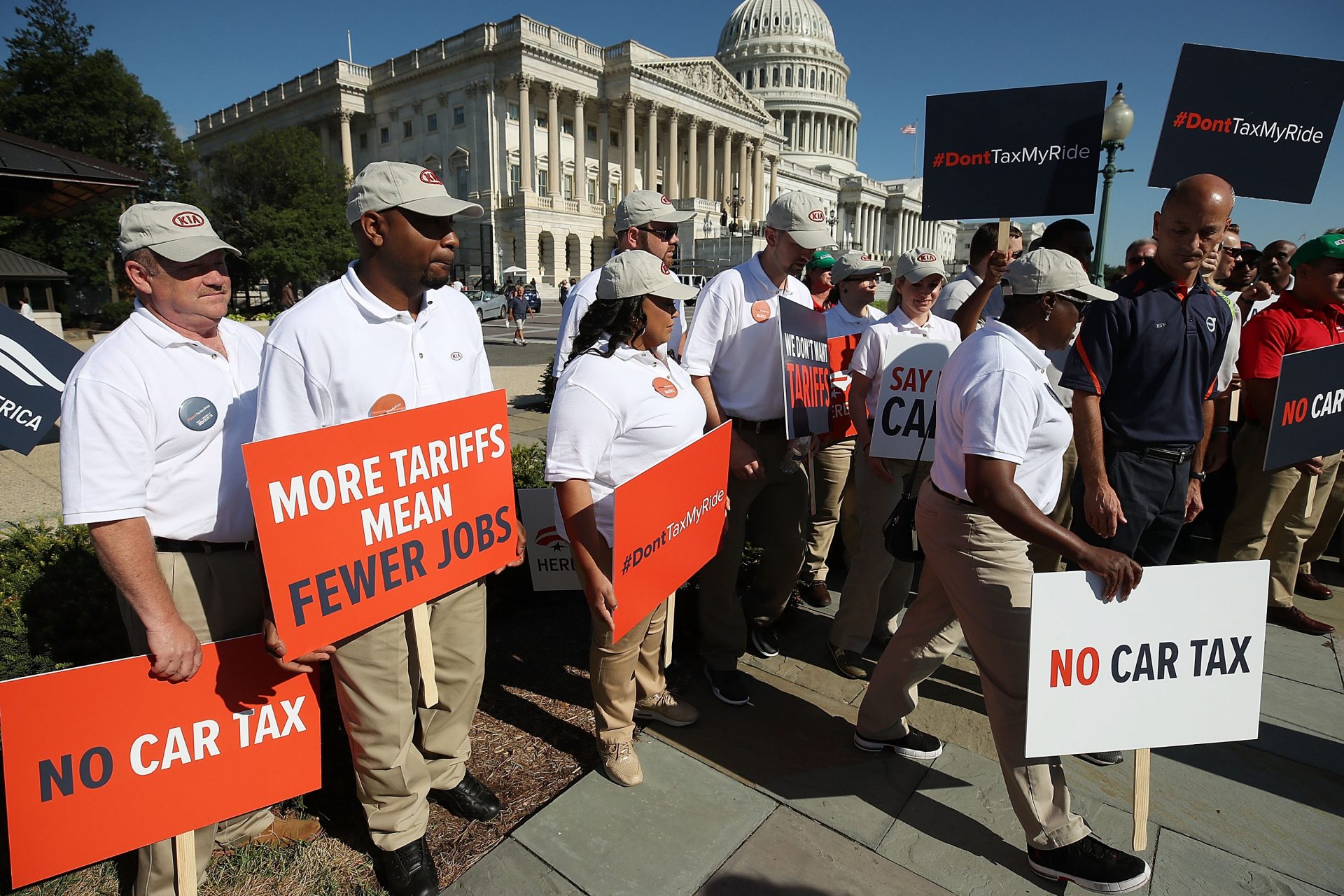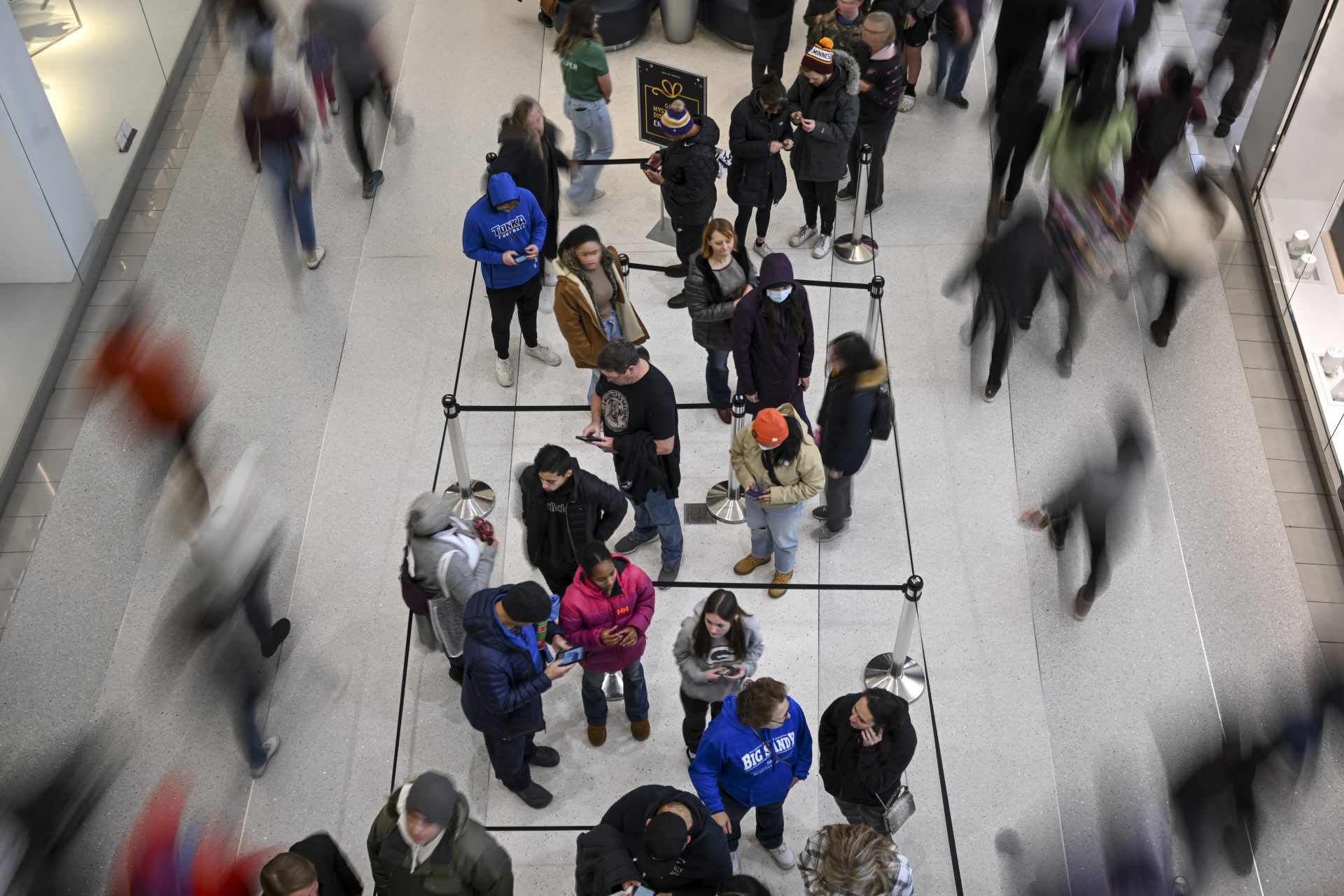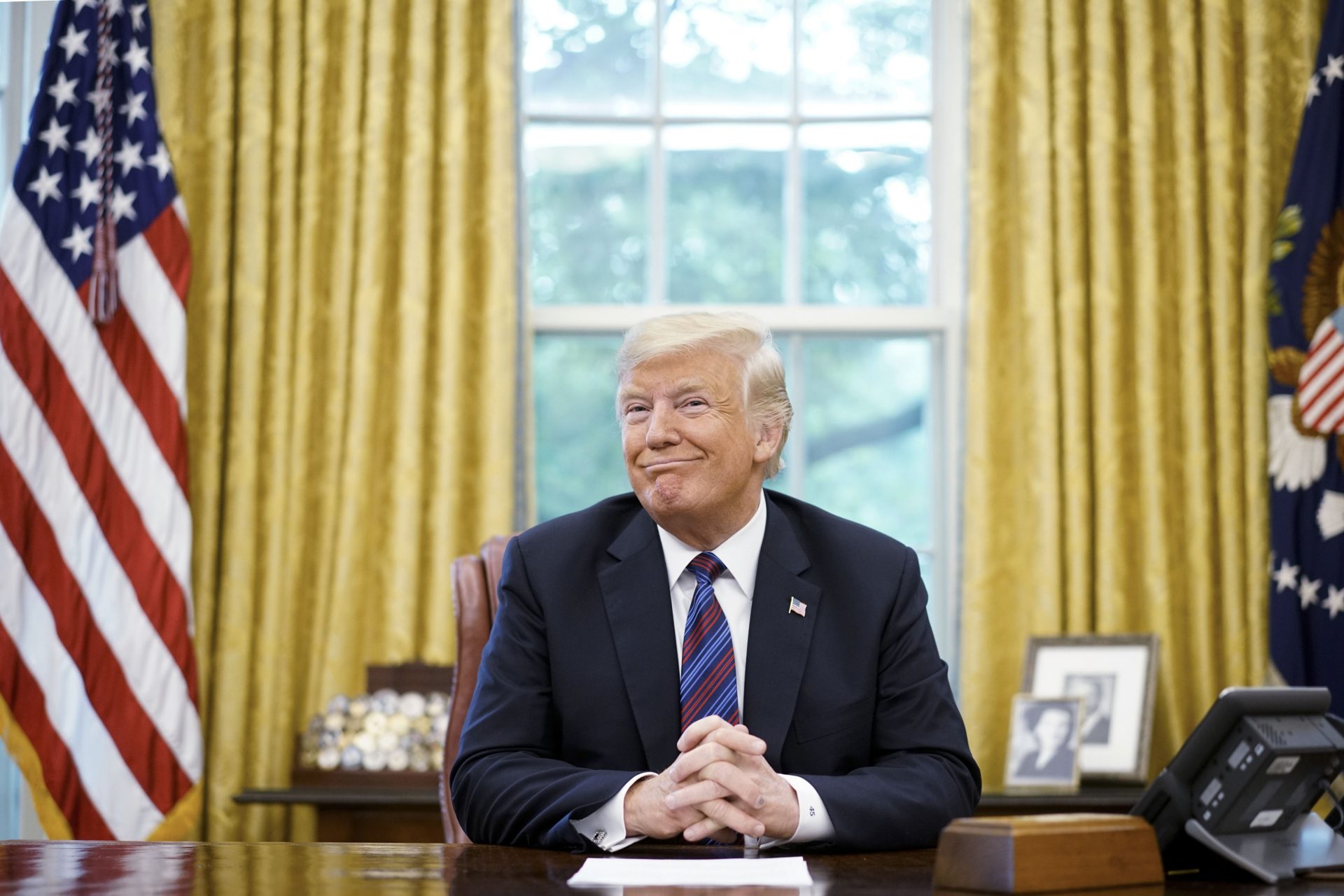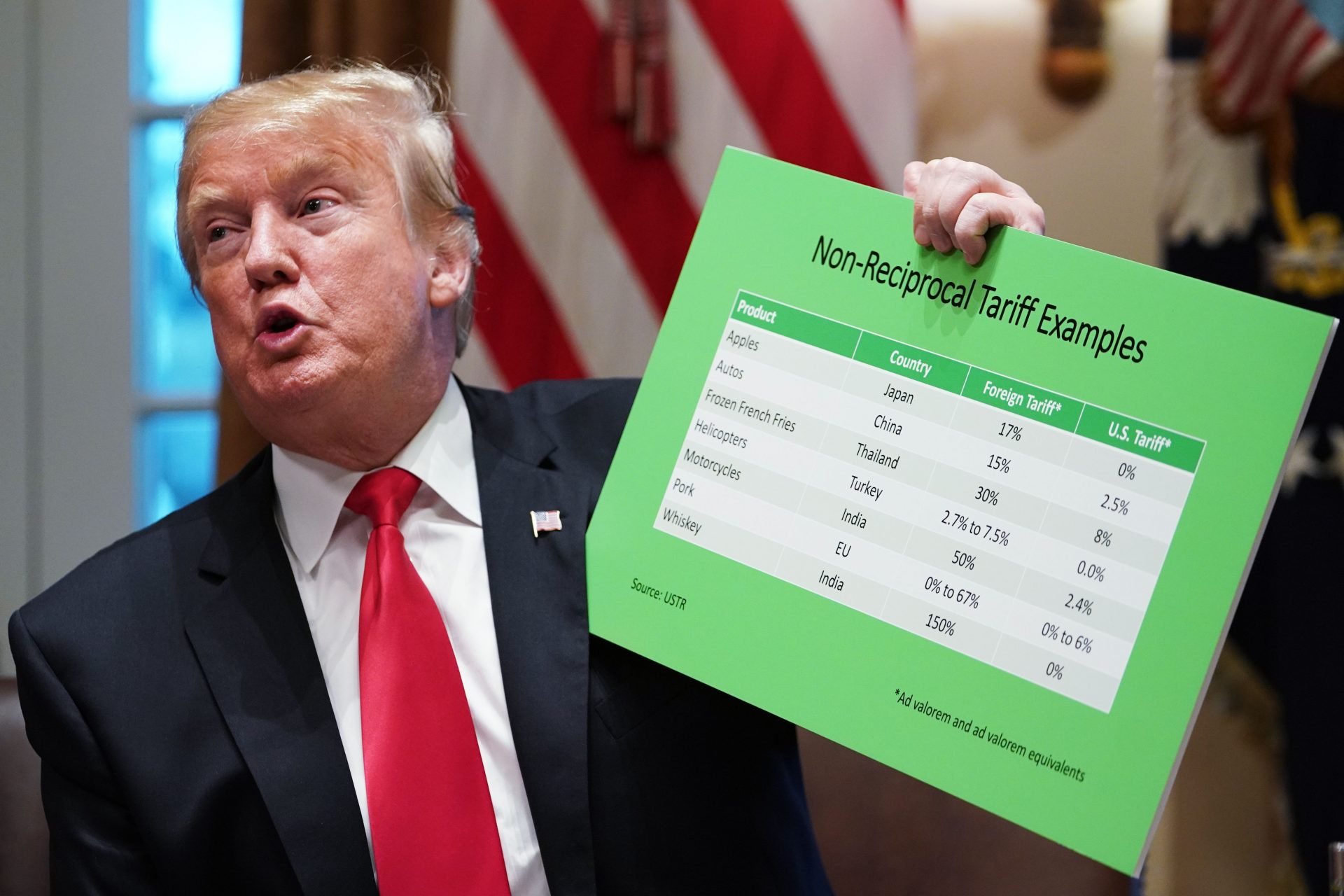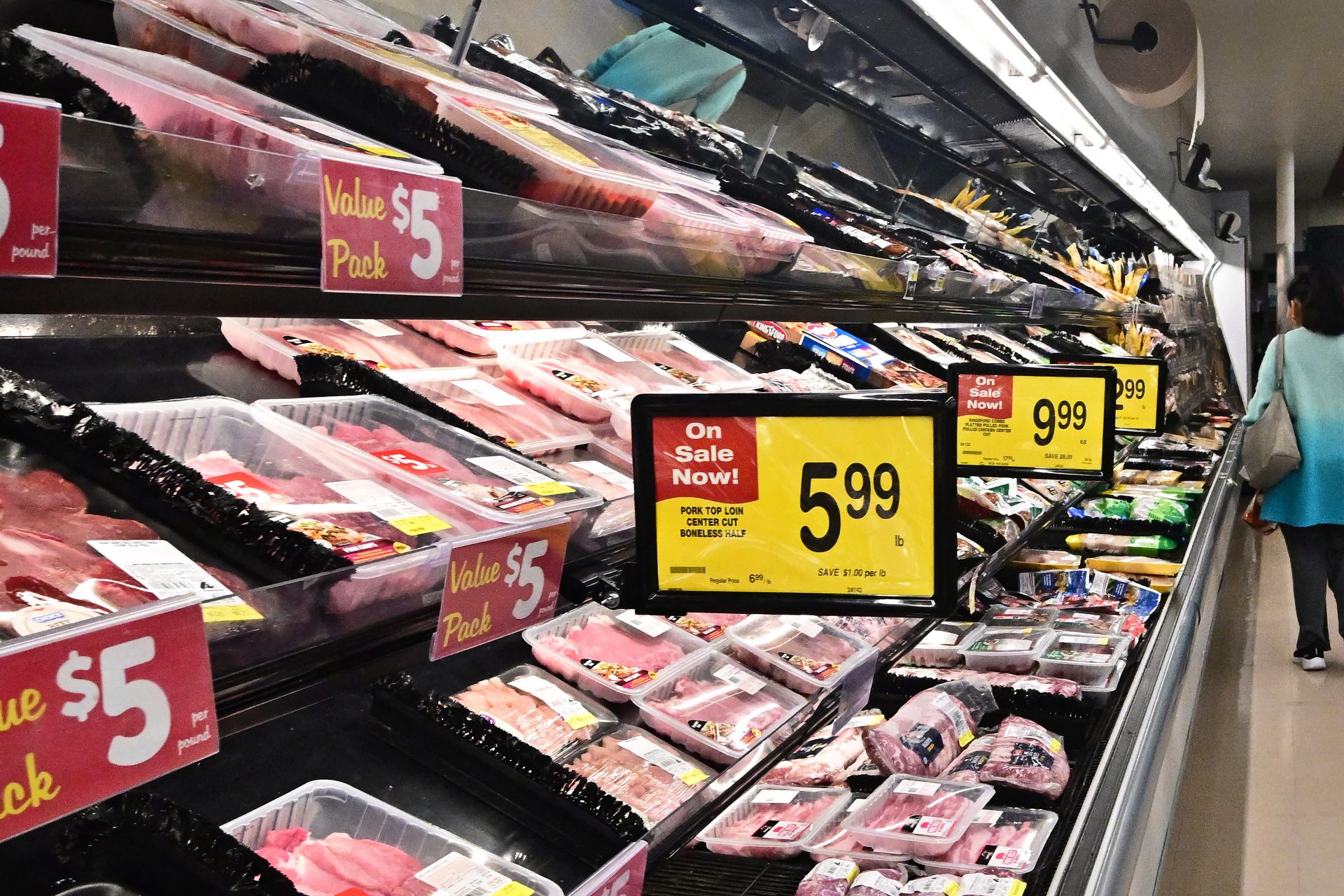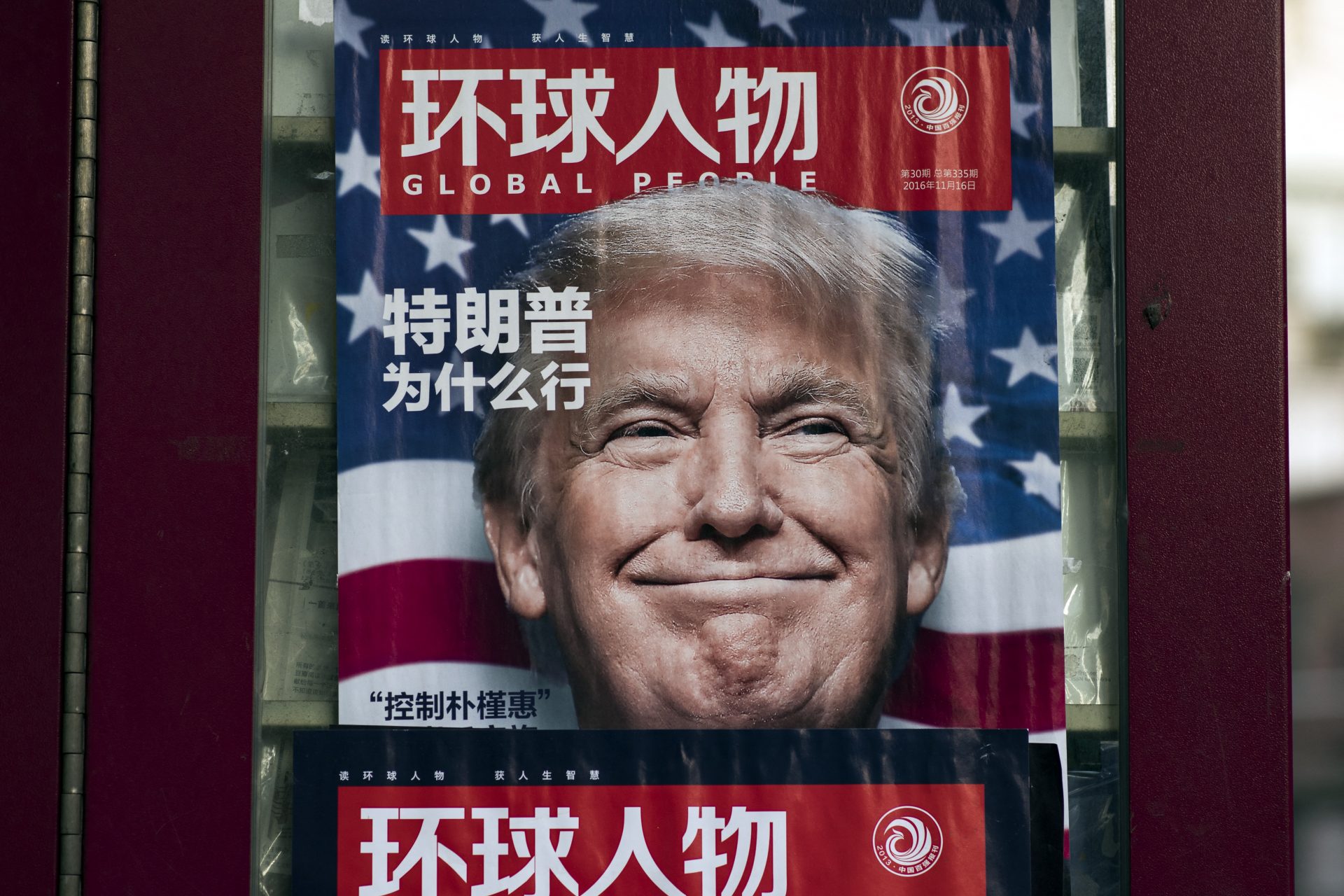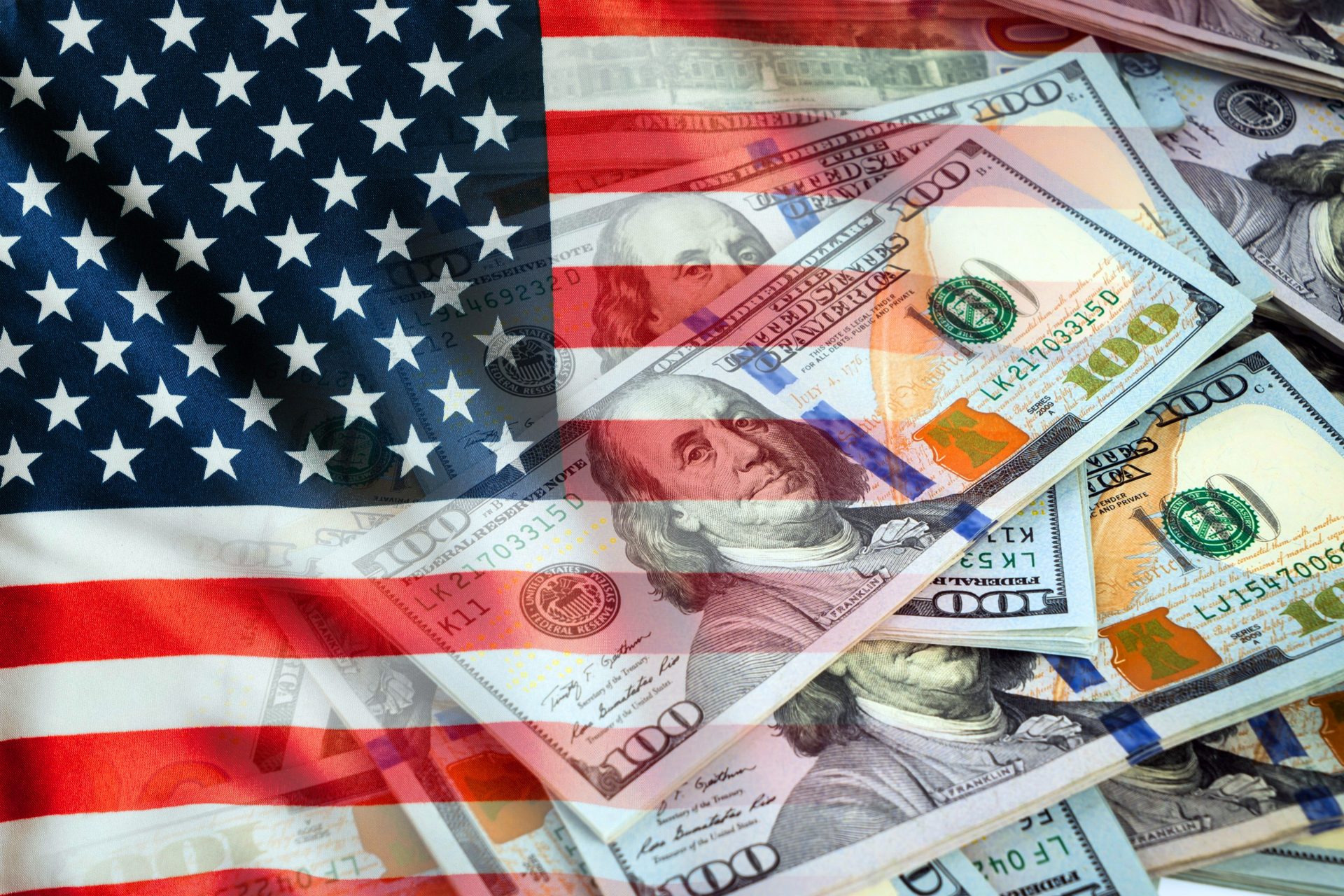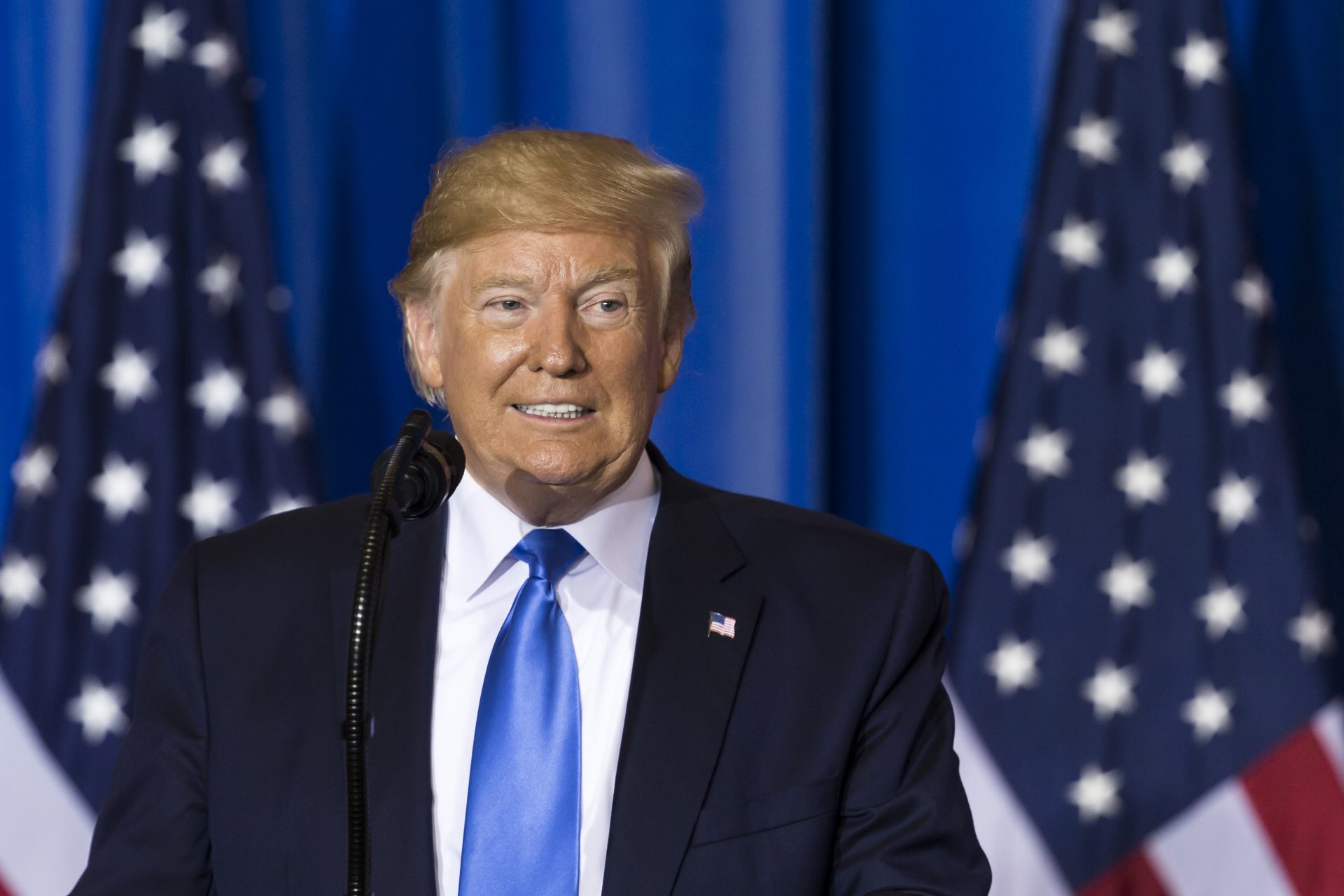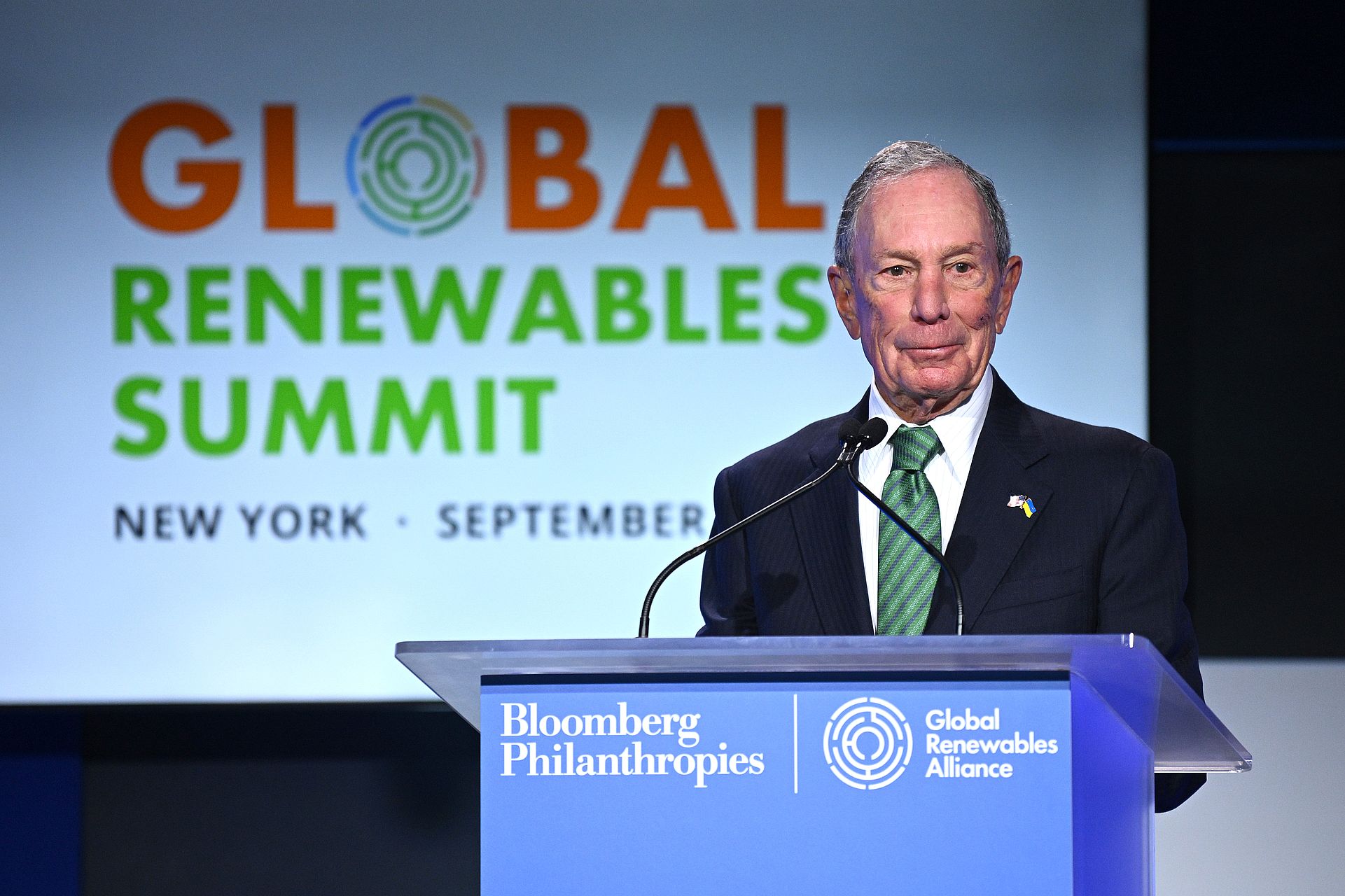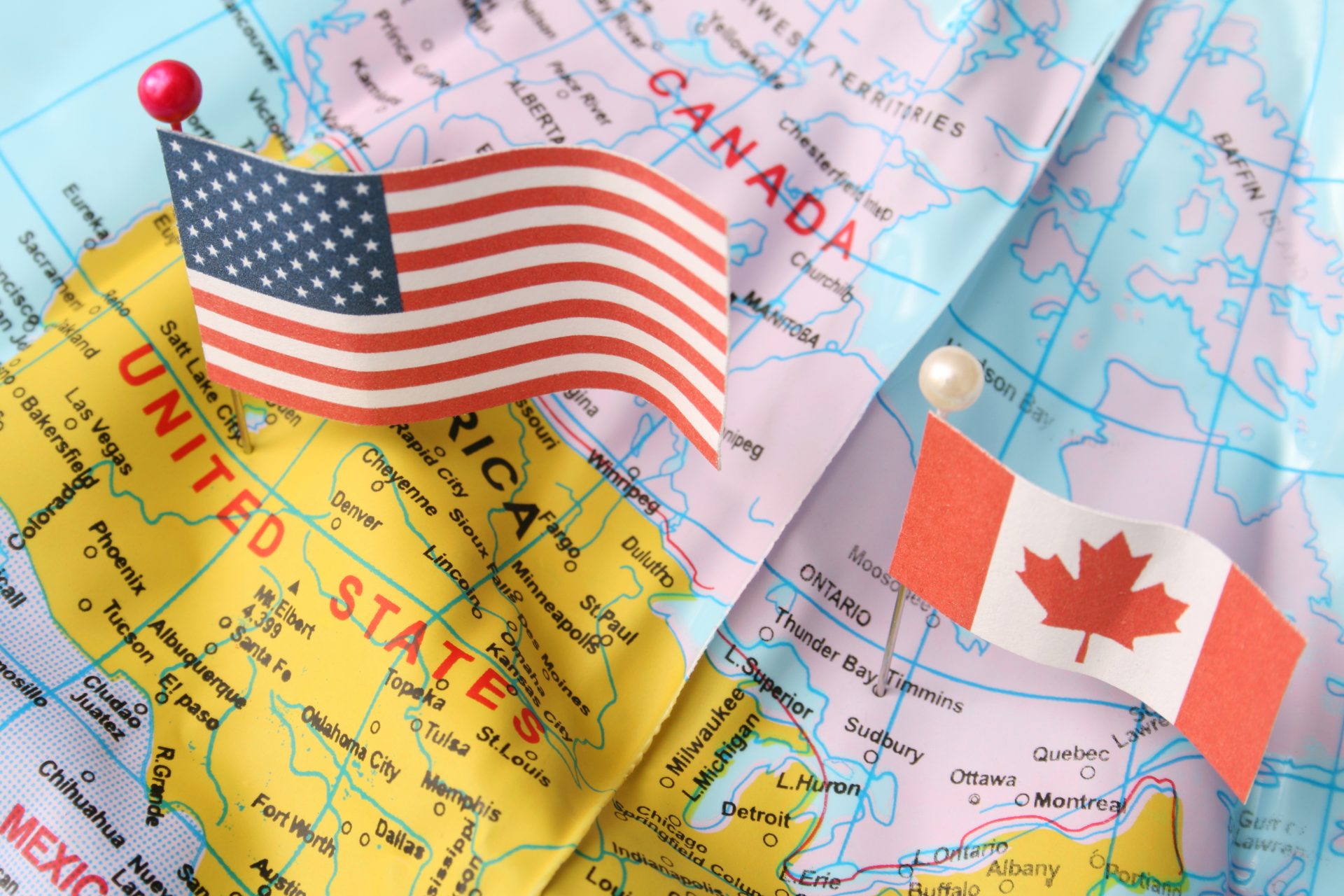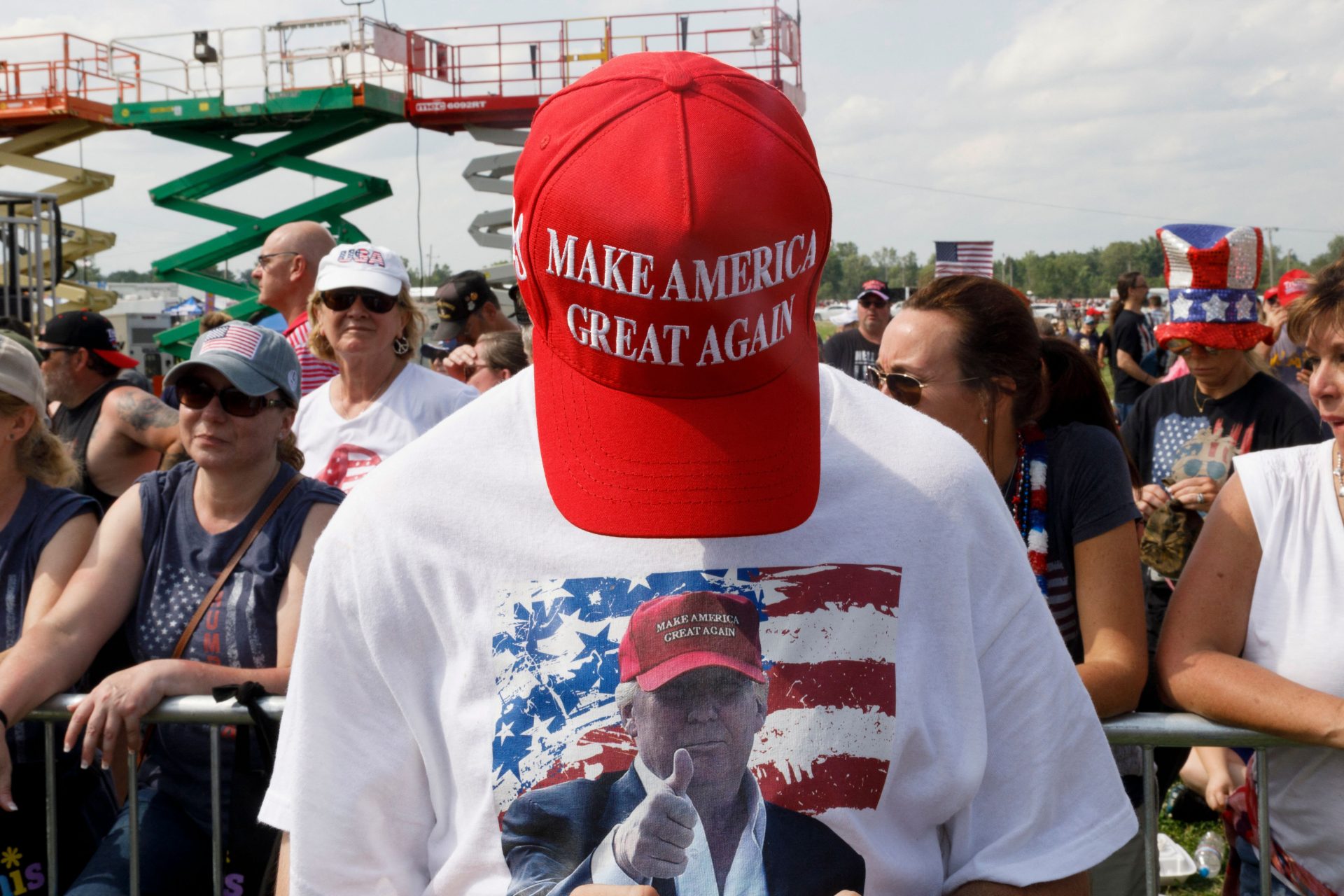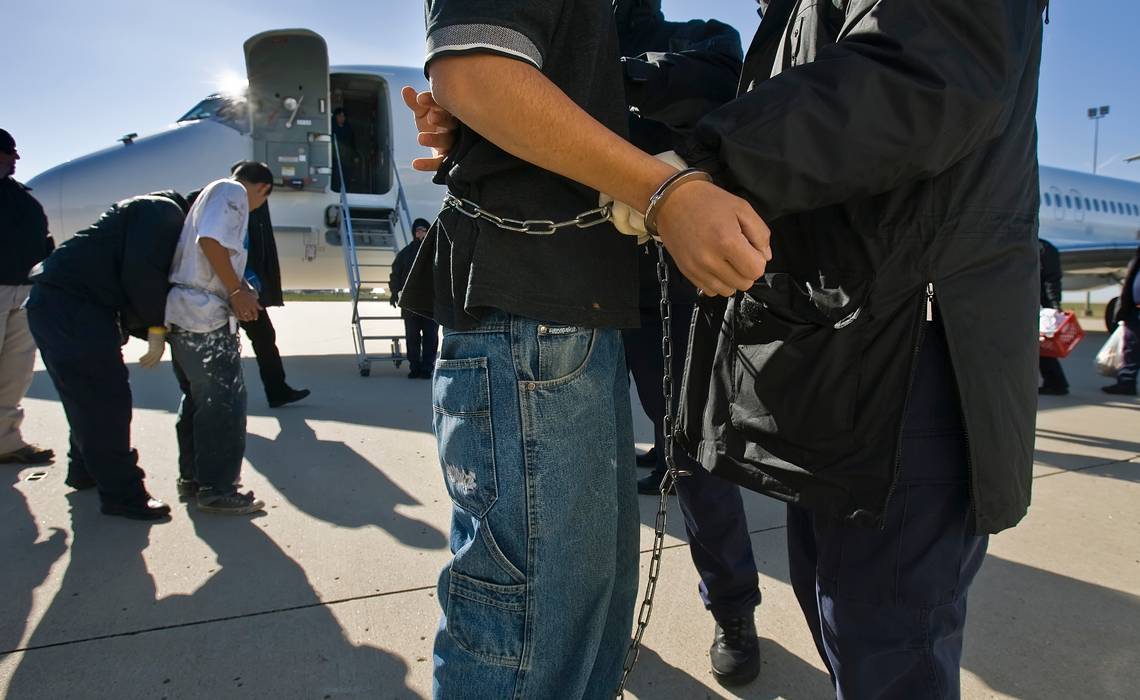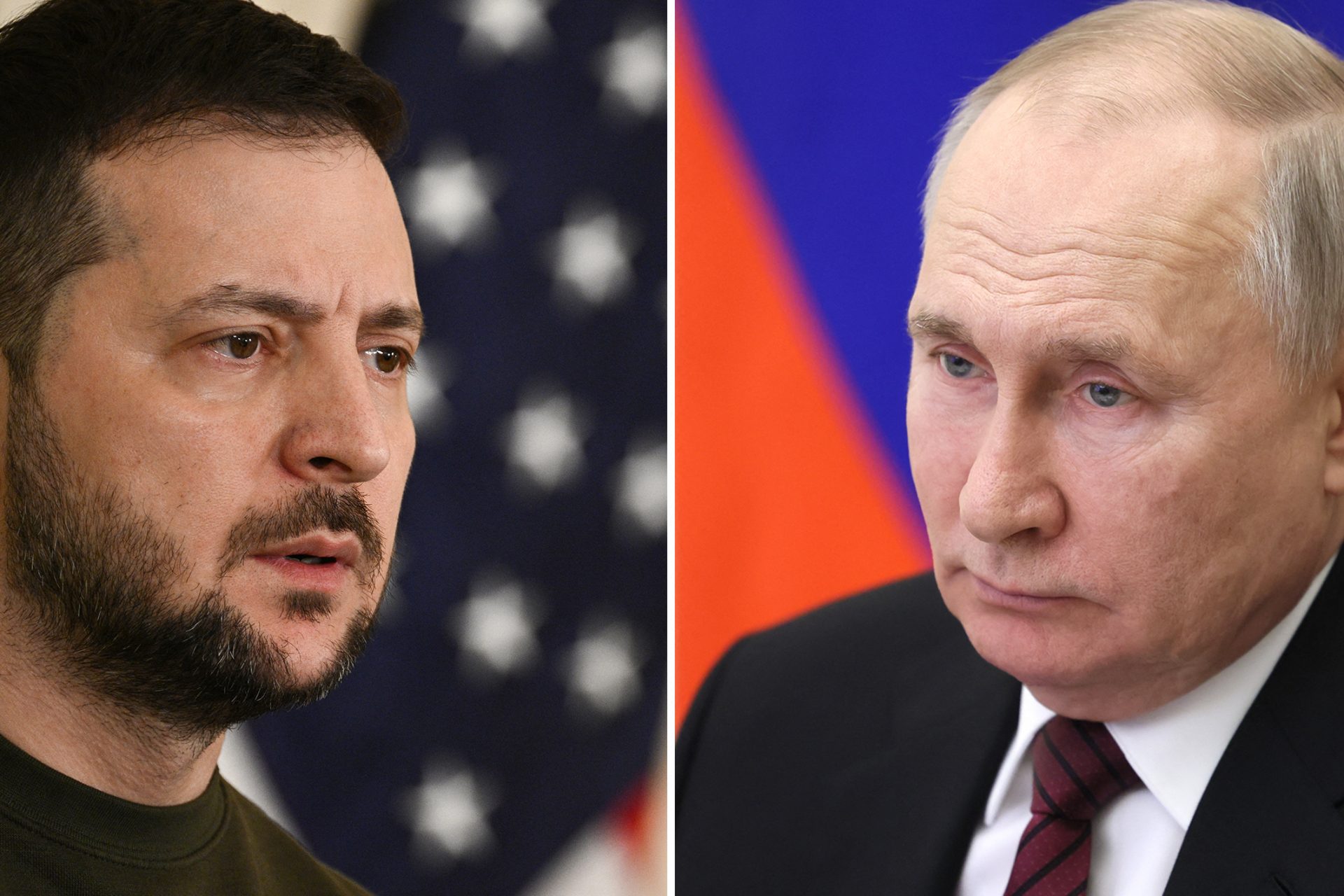Polls say Americans are worried about Trump's tariffs, and they should be
President-Elect Donald Trump made it clear while he was on the campaign trail that one of his plans to invigorate the United States would include heavy tariffs. However, it turns out Americans aren’t happy about Trump’s tariff proposals.
Several recent polls have shown that Americans don’t think Trump’s tariff proposals are a good idea, especially if they lead to higher costs for consumers. Let’s look at what the country is saying about the President-Elect’s import tariffs.
On December 13th, Reuters revealed the findings from a poll it commissioned Ipsos to conduct. It found that a near-majority disagreed with the statement: "It’s a good idea for the U.S. to charge higher tariffs on imported goods even if prices increase.”
Reuters noted that 42% of respondents disagreed with the statement while another 26% responded that they didn’t know. According to the poll's findings, just 29% of participants agreed with the statement posed by Ipsos pollsters.
Interestingly, 17% of those surveyed said they agreed with the statement that "when the U.S. charges tariffs on imported goods, it is good for me personally." However, it should be noted economists have shown tariffs will hurt Americans.
For example, CBS News reported Trump’s proposed 25% tariffs on goods from Canada and Mexico could result in fuel prices for Americans rising as much as 30 to 40 cents a gallon, and could top out at 70 cents Patrick De Haan of GasBuddy told the news outlet.
However, the consequences of Trump’s tariffs against America’s immediate neighbors are difficult to calculate since economists don’t know what types of retaliatory tariffs Canada and Mexico would impose on the United States.
Warnings about the possible consequences of Trump’s tariff schemes do seem to be having an impact on Americans, though. This can be seen in the most recent polling by Harris Insights & Analytics, which was conducted for The Guardian.
The Harris poll found that 69% of Americans thought Trump’s tariffs were going to lead to higher prices. 76% of respondents thought the costs of Trump’s tariffs were going to be passed on to consumers, which is something they were right about.
The non-partisan Peterson Institute for International Economics found in August 2024 that Trump’s proposed tariff plans at the time would add another $2,600 dollars in costs to American households. Other groups have made similar findings.
According to a study from the National Retail Federation, before Trump issued his 25% tariff threat against Canada and Mexico, his 10-20% universal tariff plans were predicted to cost the U.S. between $46 billion and $78 billion per year in lost purchasing power.
“A tariff is a tax paid by the U.S. importer, not a foreign country or the exporter. This tax ultimately comes out of consumers’ pockets through higher prices,” Vice President of The National Retail Federation Jonathan Gold said.
“Consumers would pay $13.9 billion to $24 billion more for apparel; $8.8 billion to $14.2 billion more for toys; $8.5 billion to $13.1 billion more for furniture; $6.4 billion to $10.9 billion more for household appliances; $6.4 billion to $10.7 billion more for footwear, and $2.2 billion to $3.9 billion more for travel goods,” the study noted.
The National Retail Federation study found Trump’s blanket tariff would cost the U.S. $50 billion in GDP growth and reduce the spending power of Americans by $362-$624 every year trump’s blanket tariffs were in effect based on the six categories it examined.
According to a small 200-person WalletHub Fed Rate survey featured by Newsweek in a December 16th article, 74% of Americans believe that Trump’s possible tariffs will lead to more inflation in the future, an assumption one expert told the news outlet was correct.
"This is basic economics. When companies face higher prices for imports, they pass those costs onto consumers in the form of increased prices, which contributes to inflation on goods." finance expert and CEO of 9i Capital Group Kevin Thompson told Newsweek.
More for you
Top Stories





